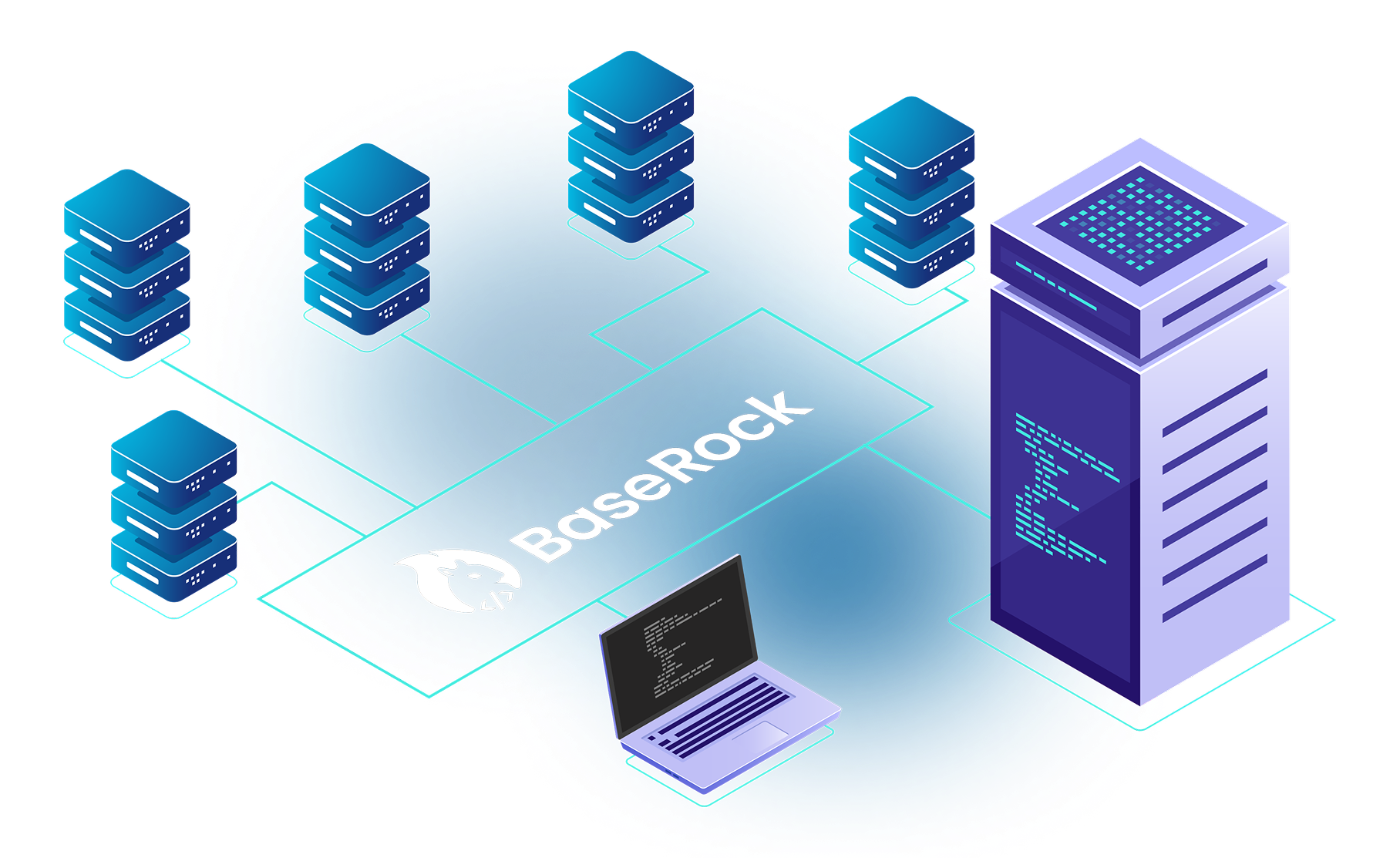Streamlining Microservices Testing with BaseRock



When services update their API schema without notifying consumers, downstream systems can fail silently. Manual contract checks or mocks often miss these breaking changes.


Tests may pass in one context—such as local or staging environments—but fail under production-like conditions. Inconsistent environments lead to unpredictable test results and unreliable deployments.


Maintaining mocks, integration scripts, and brittle test suites consumes significant engineering time. As architectures evolve, tests often need costly updates


Dependency failures can cascade across services, causing latent performance degradation or partial outages that may go undetected until late-stage testing or production.

Continuously observes service traffic, code changes, and requirement documents to build an evolving graph of service interactions and contracts. BaseRock supports a wide array of communication technologies, including HTTP-based APIs (REST, GraphQL), gRPC, Kafka, and more
When failures occur, BaseRock pinpoints the specific service, API endpoint, and schema violation causing the issue—accelerating triage and remediation.
AI agents generate schema-aware tests—including happy paths, edge cases, and negative scenarios—based on real traffic patterns and endpoint usage.
Replays realistic service interactions in sandbox or CI environments to validate contract compliance, latency, and failure-handling before production releases

Automated validation of service communication and contracts reduces uncertainty about system behavior under real-world conditions.

Service dependency failures, contract mismatches, or unexpected behaviors are identified earlier in the development cycle—before they impact end users

Validation is no longer tied to a single environment. Tests run consistently across dev, staging, and CI setups, reducing environment-specific bugs.

With less reliance on manual scripting and maintenance-heavy test suites, teams can shift focus from upkeep to innovation.
Microservices empower modern software delivery—but they also magnify integration complexity, rendering manual testing and brittle mocks insufficient. BaseRock.ai offers a purpose-built solution: automated dependency discovery, contract-test generation, synthetic traffic simulation, intelligent diagnostics, and CI-aware execution. For engineering leaders and CTOs, this translates into reliable scaling, greater confidence in distributed architectures, and significantly higher developer efficiency